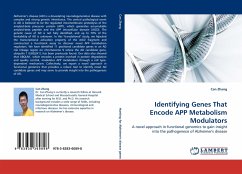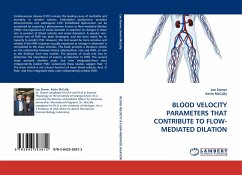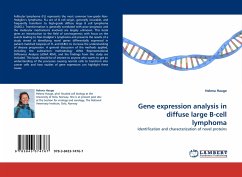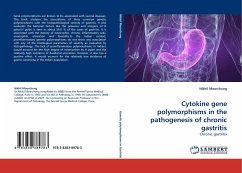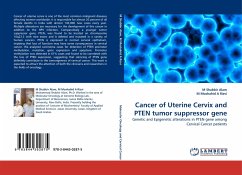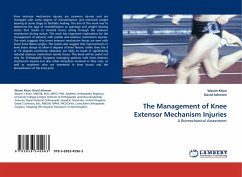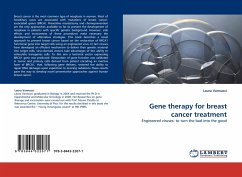Alzheimer's disease (AD) is a devastating neurodegenerative disease with complex and strong genetic inheritance. The central pathological event in AD is believed to be the regulated intramembrane proteolysis of the amyloid-beta precursor protein (APP), which generates accumulable amyloid-beta peptide and the APP intracellular domain (AICD). The genetic cause of AD is not fully identified, and up to 70% of the heritability of AD is unknown. In this "translational" study, we hijacked the transcriptional activation property of the AICD fragment and constructed a functional assay to discover novel APP metabolism regulators. We have identified 11 positional candidate genes in an AD risk linkage region on chromosome 9 where the AD candidate gene, ubiquilin 1 (UBQLN1), has been previously found. Our data also showed that UBQLN1, which encodes a protein involved in protein degradation and quality control, modulates APP metabolism through a cell type-dependent mechanism. Collectively, we report a novel approach in functional genomics that provides a robust tool to identify novel AD candidate genes and may serve to provide insight into the pathogenesis of AD.
Bitte wählen Sie Ihr Anliegen aus.
Rechnungen
Retourenschein anfordern
Bestellstatus
Storno

